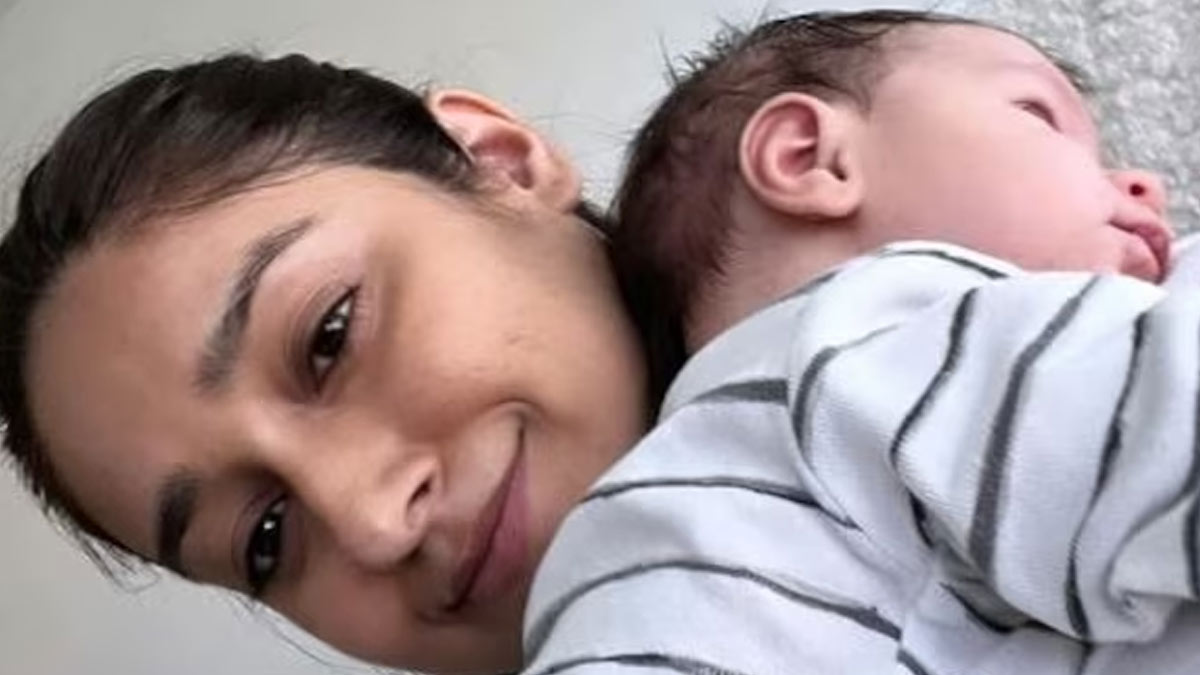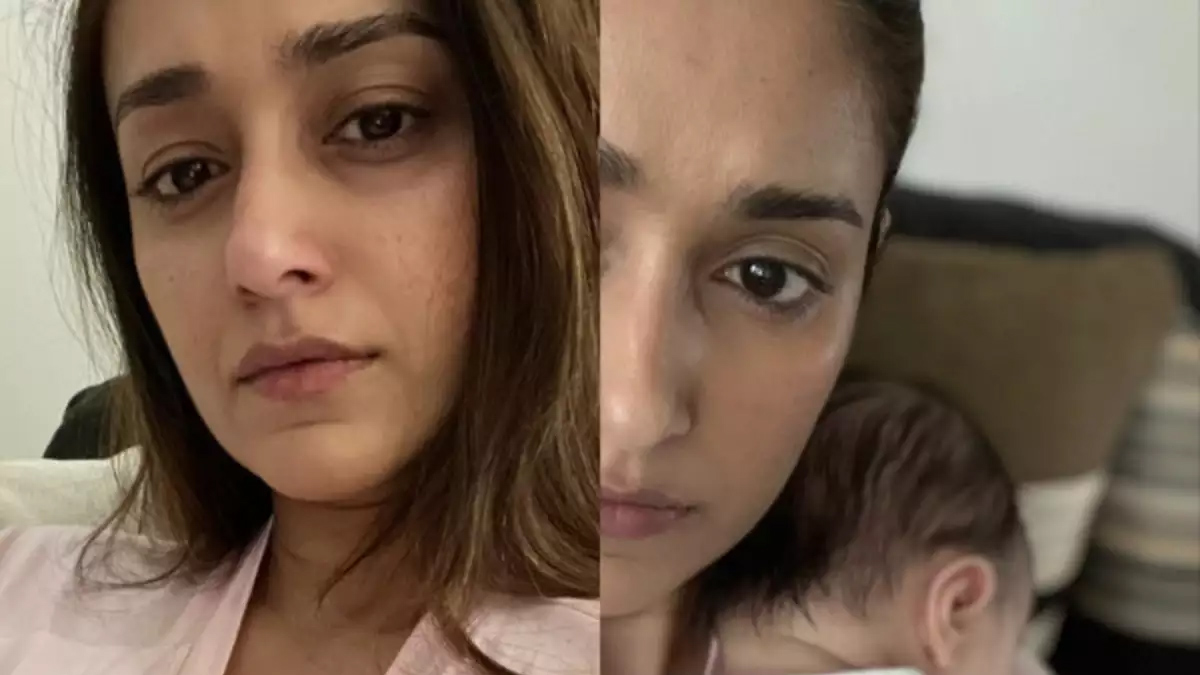
Experiencing the bliss of motherhood is profound, but postpartum depression can be a challenging reality for many. Ileana D'Cruz's candid revelation sheds light on this often misunderstood condition, offering insights and support. From recognizing the symptoms to seeking help, here's what you need to know about navigating postpartum depression.
Table of Content:-
Exploring Ileana D'Cruz's Candid Revelation
In a raw and honest Instagram post, actor Ileana D'Cruz shared her personal battle with postpartum depression, breaking the silence and stigma surrounding this common but often overlooked condition. With a makeup-free selfie and a heartfelt caption, she shed light on the emotional turmoil many new mothers face in the aftermath of childbirth. Her candid admission not only resonated with countless women worldwide but also sparked a crucial conversation about mental health in motherhood.

Understanding Postpartum Depression
Postpartum depression is a serious mood disorder that affects individuals after childbirth and is characterized by persistent feelings of sadness, anxiety, and despair. While pregnancy and childbirth are celebrated milestones, the hormonal changes, physical exhaustion, and emotional upheaval can trigger overwhelming emotions in new mothers. Contrary to popular belief, postpartum depression is not a sign of weakness or inadequacy but a medical condition that requires attention and support.
Also Read: Alanna Pandey Expecting First Child With Husband Ivor; Pregnancy Tips For First Time Moms
Symptoms and Causes
As per Dr Sangeeta Raodeo, Consultant Gynecology & Obstetrics, Fortis Hospital Mulund, postpartum depression manifests in various ways, including:
- Persistent feelings of sadness, hopelessness, or emptiness
- Anxiety, irritability, or mood swings
- Loss of interest in activities once enjoyed
- Changes in appetite or sleep patterns
- Difficulty bonding with the baby
- Thoughts of self-harm or harming the baby
While the exact cause of postpartum depression is unknown, it is believed to be influenced by a combination of biological, psychological, and social factors. Hormonal fluctuations, sleep deprivation, and the stress of adjusting to parenthood can contribute to the onset of depressive symptoms. Additionally, personal or family history of depression, inadequate social support, and stressful life events can increase the risk of developing postpartum depression.
View this post on Instagram
Types of Postpartum Depression
Postpartum depression encompasses various forms, each with distinct characteristics and severity:
Baby Blues
Common in the first few weeks after childbirth, baby blues are characterized by mood swings, tearfulness, and feelings of overwhelm. While distressing, these symptoms typically resolve on their own without medical intervention.
Postpartum Depression
More severe than baby blues, postpartum depression involves persistent depressive symptoms that interfere with daily functioning. It can occur anytime within the first year after childbirth and may require treatment such as therapy or medication.
Postpartum Psychosis
A rare but severe form of postpartum mental illness, postpartum psychosis is characterized by hallucinations, delusions, and erratic behaviour. It requires immediate medical attention to ensure the safety of both the mother and the baby.
Seeking Help and Treatment
If you suspect you may be experiencing postpartum depression, it's essential to reach out for support and treatment. Your healthcare provider can conduct a thorough evaluation and recommend appropriate interventions based on your symptoms and needs. Treatment options may include:
- Psychotherapy: Talk therapy, such as cognitive-behavioral therapy (CBT), can help you process your emotions, develop coping strategies, and improve communication skills.
- Medication: Antidepressant medications may be prescribed to alleviate depressive symptoms and restore chemical imbalances in the brain. It's crucial to discuss the potential risks and benefits of medication, especially if you are breastfeeding.
- Support Groups: Joining a support group for new mothers can provide a sense of community, validation, and encouragement. Sharing your experiences with others who understand can be incredibly empowering and reassuring.
- Self-Care Practices: Prioritize self-care activities that promote your physical, emotional, and mental well-being. Engage in activities you enjoy, prioritize rest, eat nourishing foods, and seek help with household responsibilities.
Bottomline
Postpartum depression is a significant public health concern that affects millions of women worldwide. By sharing her story, Ileana D'Cruz has shone a spotlight on this often-overlooked issue, encouraging dialogue, empathy, and understanding. Whether you're a new mother navigating the challenges of parenthood or someone supporting a loved one through postpartum depression, know that help is available, and you're not alone in this journey toward healing and recovery.
How we keep this article up to date:
We work with experts and keep a close eye on the latest in health and wellness. Whenever there is a new research or helpful information, we update our articles with accurate and useful advice.
Current Version